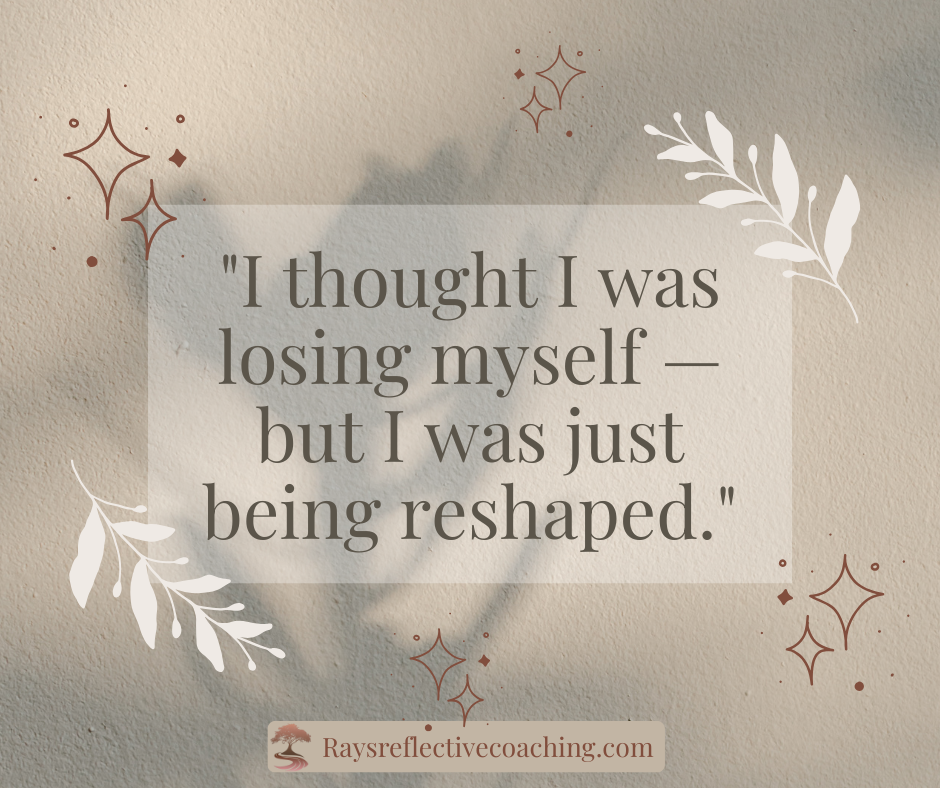
Navigating the Change: My Menopause Journey and the Power of Self-Compassion.
“How I moved from feeling lost to feeling like myself again — with support, understanding, and space to breathe.”
When I first started experiencing the signs of perimenopause, I didn’t even realise that’s what it was. Like many women, I thought menopause was something that happened much later — a clear-cut event, not a drawn-out unraveling. No one had prepared me for the quiet, messy disruption of perimenopause.
And no one had warned me just how much it could affect every part of my life.
Menopause is often spoken about as a physical process — periods stop, hormones change, and that’s it. But the truth is, it touches so much more. It’s emotional. Mental. Relational. Social. Spiritual, even. It can make you feel like you’re falling apart in slow motion — and still expected to carry on as if nothing’s changed.
What Is Menopause and Perimenopause?
Menopause marks the end of your menstrual cycles. It’s officially diagnosed after 12 months without a period, typically occurring between ages 45 and 55. But the hormonal shifts start earlier — during perimenopause, which can last for several years.
Perimenopause is when the real turbulence often begins. And the symptoms? They’re not just physical. They can affect how you feel about your body, your mind, your relationships — and even your sense of identity.
How Menopause Impacts Mental and Physical Health
For me, the symptoms crept in quietly, then all at once.
I was exhausted, even after a full night’s sleep (when I managed one). My mood shifted unpredictably. Brain fog left me searching for words mid-sentence. Waves of anxiety appeared like never before — showing up uninvited, making ordinary tasks feel heavy.
Here’s a glimpse of what perimenopause brought with it:
-
Sleep disturbances
-
Overwhelming anxiety
-
Brain fog and forgetfulness
-
Mood swings
-
Aches and pains
-
Irregular periods
-
Low energy
-
Changes in weight and appetite
-
Loss of libido
-
A growing feeling that I didn’t recognise myself anymore
Worse than the symptoms themselves was what they made me believe:
That I was failing. That my body was broken. That I was losing who I was.
And yet — I was still showing up. Still trying to hold it all together. Still wondering why it all felt so hard.
My Honest Experience with Perimenopause and Anxiety
At first, I thought I was just burning out. I pushed through, assuming it was stress. But eventually, I couldn’t ignore it any longer. I started tracking patterns. I spoke to my doctor. I read stories from other women who were experiencing the same invisible battles.
It was a relief to put a name to it: perimenopause. And even more of a relief to discover I wasn’t alone.
Sleep had become a nightly battle. I’d lie awake for hours or wake in the early hours with my mind racing. I felt scattered and raw. The rising anxiety left me feeling unsteady — like I was balancing on the edge of something I couldn’t name.
And then came the guilt. The shame. The voice in my head whispering, “You should be handling this better.”
Finding Support: HRT, Understanding, and Self-Compassion
One of the turning points for me was starting HRT (Hormone Replacement Therapy). It didn’t fix everything instantly, but it gave me something solid to stand on again. My sleep improved. My mind felt clearer. I slowly started to reconnect with myself.
But even more powerful than HRT was the understanding that so much of what I was feeling wasn’t “just me.” It was hormonal. It was real. And it was valid.
That realisation changed everything. Because once I knew it wasn’t personal failure, I could start to meet myself with compassion instead of criticism.
I also know HRT isn’t for everyone. Some women can’t take it, or choose not to — and there are other powerful paths forward. Natural and holistic medicine, nutrition, mindfulness, movement, breathwork, talking therapies, and coaching can all be part of the toolkit.
There’s no one-size-fits-all solution. But what every woman deserves is support, education, and space to process what she’s going through.
The Hidden Impact: More Than Just Hormones
What’s often overlooked is how menopause impacts every layer of life:
-
Your relationships may shift as communication, desire, and emotional needs evolve
-
Your career can feel harder to manage with fatigue, brain fog, or confidence dips
-
Your social life might shrink as you withdraw or feel less like “yourself”
-
Your family dynamics may become more strained as you carry others while struggling silently
This isn’t “just hormones.” This is a profound life transition — and it can feel disorienting, messy, and even frightening.
But it’s also a chance to re-evaluate who you are and what you need.
You Are Not Alone — And You Are Not Failing
I look back on that time now and feel immense tenderness for the version of me who kept going while quietly falling apart. I wish she had known how common this was. I wish she’d had more space to rest. More space to rage. More space to just be.
That’s what I offer now, through my coaching:
A space where you can bring all of it. The overwhelm. The questions. The grief. The rediscovery.
A space where you don’t have to have it all figured out.
A space to reconnect with your strength — not by pushing through, but by pausing and listening inward.
💬 If you’re in the middle of this storm, know this:
You’re not broken.
You’re not weak.
You’re not alone.
You’re becoming — even if it doesn’t feel like it right now.
Let’s Talk — Coaching Support for Menopause & Midlife
I offer a free chemistry call where we can talk about what you’re navigating, and whether coaching might offer the support and reflection you need.
✨ You deserve to feel grounded, heard, and whole — even in the middle of change.
Navigating the Change: My Menopause Journey and the Power of Self-Compassion.
When I first started experiencing the signs of perimenopause, I didn’t even realise that’s what it was. Like many women, I was vaguely aware of “the menopause” as something that happened later in life — a kind of far-off hormonal cliff. I didn’t know the journey begins much earlier, and that it can quietly shake your foundations long before your periods actually stop.
Menopause isn’t just a physical change — it’s a whole-person experience. One that touches your body, your emotions, your work, your relationships, and your sense of self.
What Is Menopause and Perimenopause?
Menopause is a natural biological transition that marks the end of a woman’s menstrual cycles. It’s diagnosed after 12 consecutive months without a period, typically occurring between ages 45–55. But the real rollercoaster often starts during perimenopause — the years leading up to that point, when your hormone levels begin to fluctuate and decline.
And those fluctuations? They can affect every part of your life.
How Menopause Impacts Mental and Physical Health
The list of menopause symptoms can be long, unexpected, and honestly, a bit overwhelming. Here are just a few:
-
Hot flushes
-
Night sweats
-
Anxiety and low mood
-
Brain fog
-
Sleep disturbances
-
Joint pain and stiffness
-
Weight gain
-
Irregular cycles
-
Fatigue
What’s often not talked about enough is how much this transition can affect your mental health. The emotional load can be huge: anxiety, mood swings, loss of confidence, irritability, and even a sense of grief for the person you used to be.
And beyond the physical and emotional toll, menopause affects relationships, family life, careers, and social confidence. It’s not “just hormones” — it’s your whole life being impacted.
My Honest Experience with Perimenopause and Anxiety
Looking back, my journey with perimenopause began subtly. I started feeling “off” — tired in a way that sleep didn’t fix. My cycle changed. I was more reactive emotionally, and my usual sense of clarity and drive felt clouded. At first, I dismissed it as stress or overwork.
But over time, the patterns became clearer — and undeniable.
Sleep became a nightly battle. I’d lie awake for hours or wake in the early hours with racing thoughts. The lack of rest only fed the rising anxiety I was feeling during the day — a kind of nervous energy that hummed beneath the surface, making even simple things feel overwhelming.
I had a long list of symptoms — mental and physical — and I honestly felt like my body was failing me. Worse, I felt like I was failing. I didn’t recognise myself. The confident, capable version of me seemed to disappear, replaced by someone unsure, scattered, and emotionally raw. I felt like I was losing who I was.
How HRT, Understanding, and Coaching Helped Me Heal
Luckily, HRT (Hormone Replacement Therapy) helped me find my footing again. It didn’t erase everything overnight, but it gave me a solid foundation to rebuild from.
Just as important as the physical support was the mental shift that came when I realised: this anxiety wasn’t me — it was hormonal. That insight alone brought a huge wave of relief. I wasn’t broken. I wasn’t failing. I was moving through a natural — albeit messy — transition.
That said, I know HRT isn’t right or possible for everyone. Some women choose or need to take different paths, and many find strength and healing through:
-
Holistic or natural therapies
-
Nutrition and movement
-
Talking therapy
-
Mindfulness and breathwork
-
Community support
There’s no single “right” way through this — just the path that works best for you.
Menopause Doesn’t Just Affect the Body — It Affects Your Whole Life
What we don’t talk about enough is how menopause reaches far beyond physical symptoms.
It can affect your relationships — romantic and otherwise — as your libido, emotions, and communication shift.
It can affect your career, as focus, confidence, and energy waver.
It can affect your social life, as you feel more withdrawn or less “yourself.”
And it can touch your family dynamics, especially if you’re also supporting children or aging parents.
This isn’t just a hormonal blip — it’s a profound life transition that deserves support, honesty, and space to be heard.
You’re Not Alone — Coaching Support Is Available
I’ll be honest: this was one of the most disorienting seasons of my life. But something shifted when I began to meet myself with curiosity instead of judgment. I started learning, talking, reflecting. I started coaching myself — gently, compassionately — and reconnecting with who I was underneath the chaos.
And now, as a coach, I offer that same space to others.
✨ If you’re moving through perimenopause or menopause and feel like you’re losing yourself, please know: you’re not alone — and you’re not broken. You’re going through something real. And you deserve support that honours all of you.
Ready to feel more like yourself again?
I offer a free chemistry call where we can talk about what you’re going through, and explore whether coaching might support you through this season.
Let’s make space for the whole of who you are — not just the parts that look ‘together’ on the outside.
 Demos
Demos  Colors
Colors  Docs
Docs  Support
Support 













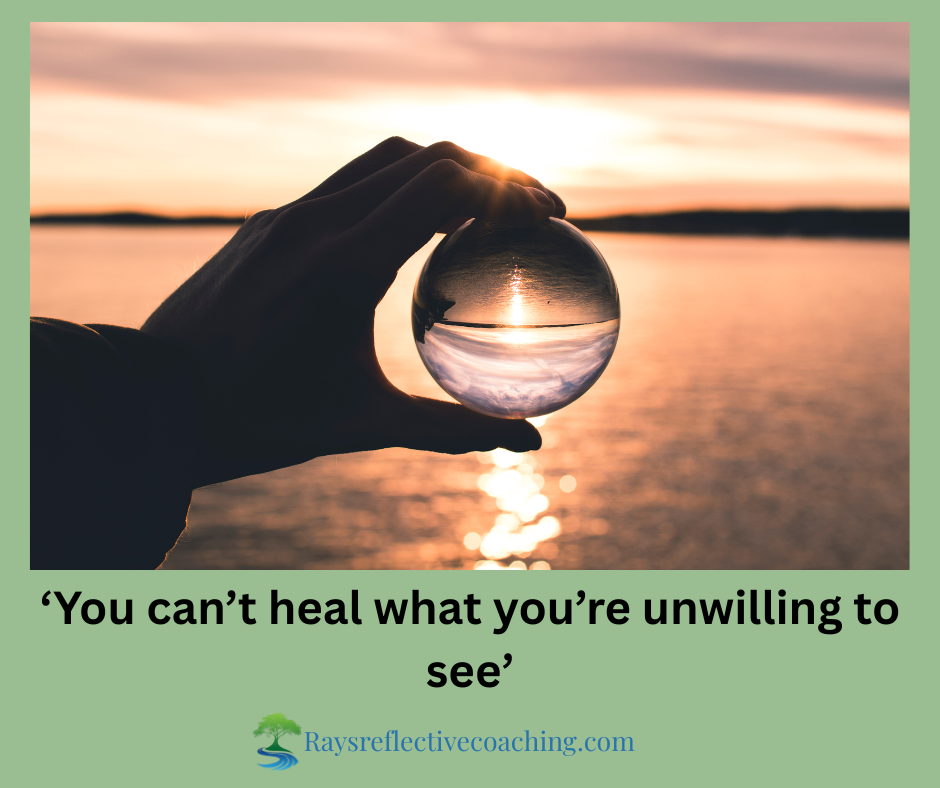
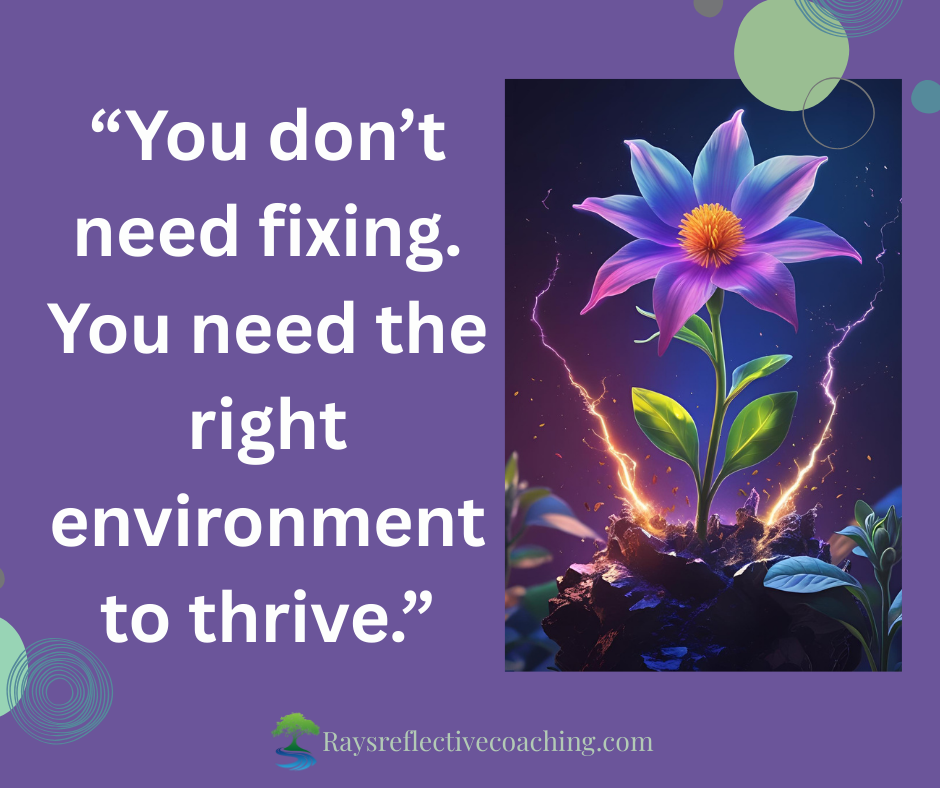
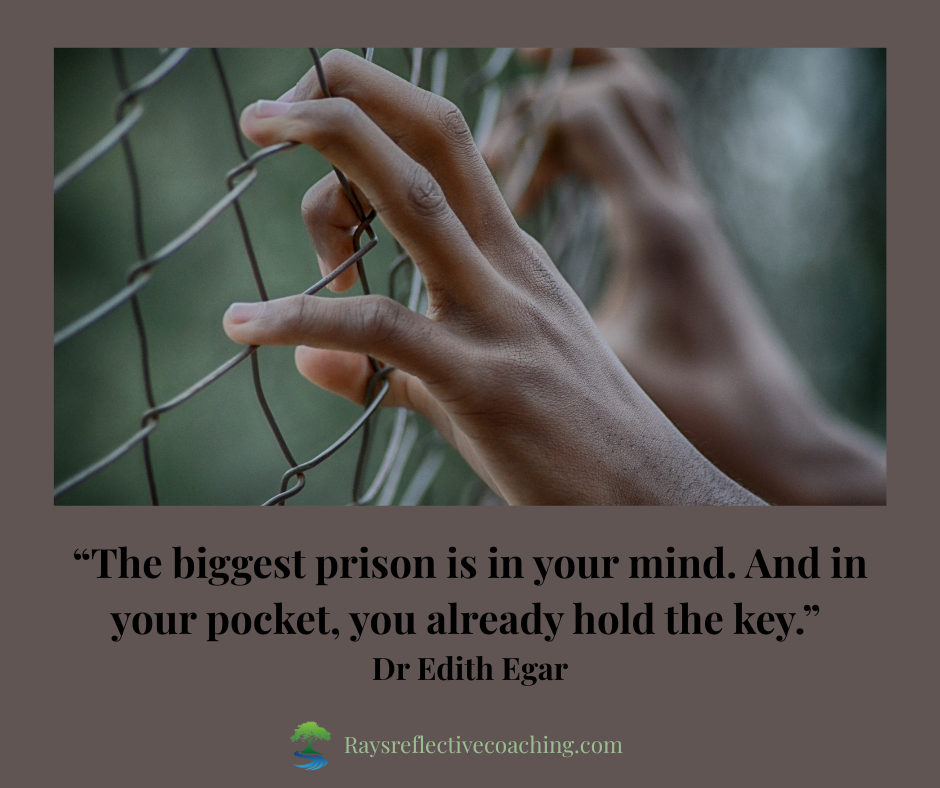


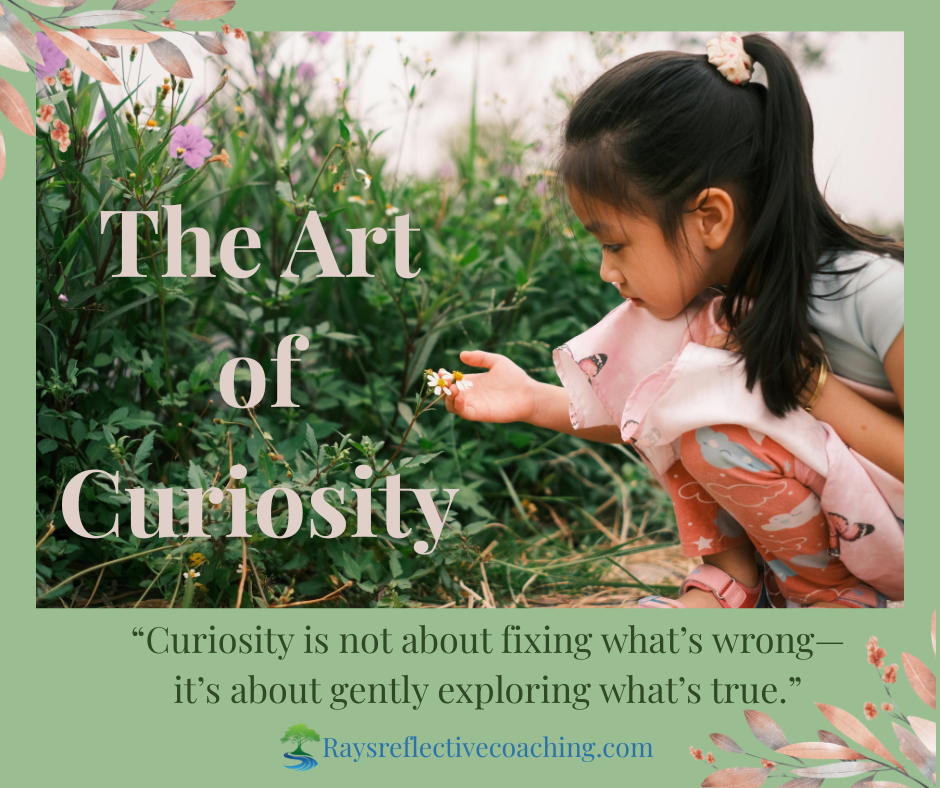
Denise Sandercock
July 31, 2025Our bodies are amazing but, for me, menopause has been like a journey through a maze! I misunderstood myself, blamed myself for not coping well enough and felt like I was on an emotional rollercoaster with no end in sight. It was close friends who gently questioned me and suggested it could be hormonal! I chose to have a consultation with HRT specialist and EUREKA!! Immediately I felt more in control and over time a better version of myself has revealed. It is really tough but with support and more understanding of myself, I’m through it and now more self-assured. Interestingly I’m also more curious about myself too. That’s a huge positive for me!
raysreflective-coaching@admin
August 1, 2025Thank you so much for sharing your experience — it really resonated with me. The emotional rollercoaster and that tendency to blame ourselves for not coping “well enough” is so familiar — and yet so undeserved. I’m so glad you found clarity and support through HRT. And I especially loved how you described becoming more curious about yourself. That kind of curiosity is such a powerful shift — a beautiful reminder that, even in the hardest transitions, there’s space for growth and deeper self-awareness.